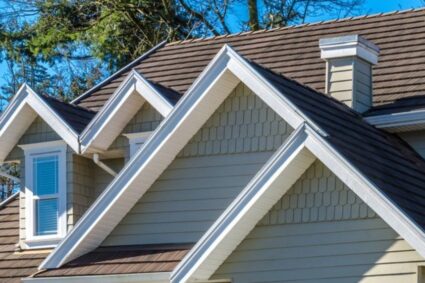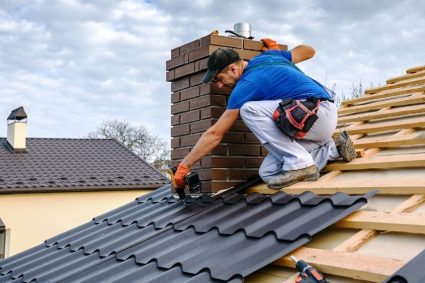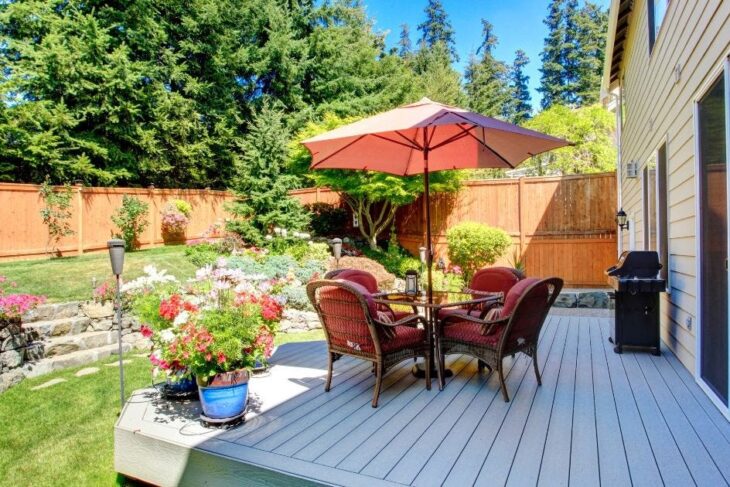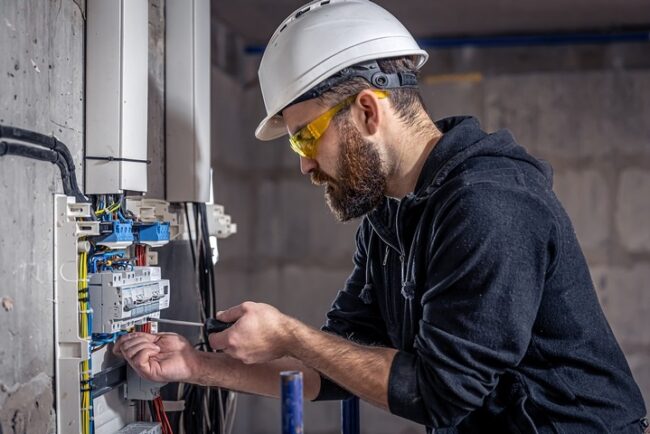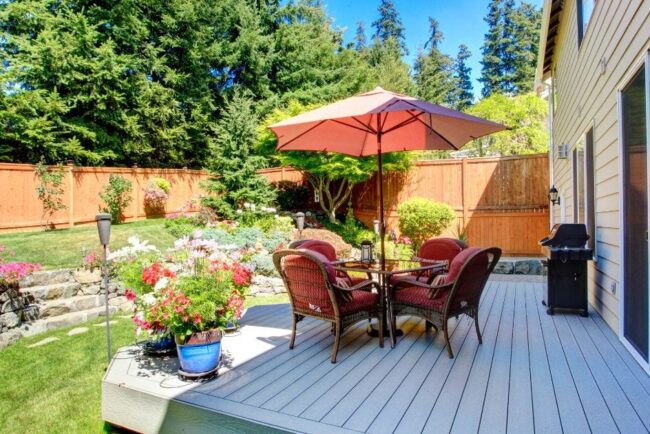
In Louisiana, the combination of high humidity, heavy rainfall, and the threat of hurricanes makes roofing a critical aspect of home maintenance. Selecting the right roofing materials and contractors is not just about aesthetics; it’s about resilience and protection. This guide is designed to help homeowners in Louisiana navigate the complexities of choosing a roofing contractor who can meet these unique challenges.
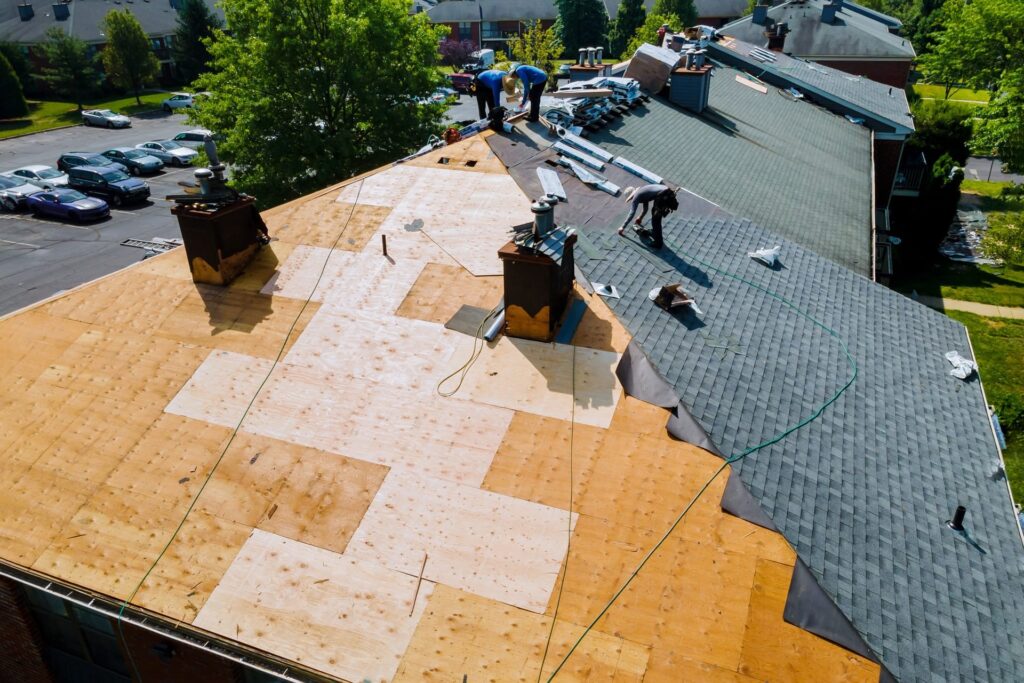
Understanding Your Roofing Needs
Before you begin your search for a roofing contractor, it’s crucial to have a clear understanding of your specific roofing needs. This understanding will guide your decisions and help you communicate effectively with potential contractors.
Assessing Your Current Roof:
Consider the age, current condition, and any issues your existing roof may have.
Local Weather Considerations:
Factor in Louisiana’s climate, including high humidity and hurricane risks.
Budgeting:
Determine a realistic budget for your roofing project, considering both materials and labor costs.
Starting Your Search
Finding the right roofing contractor requires a combination of research and local knowledge. Start by gathering information from various sources to create a list of potential contractors.
Personal Recommendations:
Ask friends, family, and neighbors for referrals to contractors they have successfully worked with.
Local Business Directories:
Use local directories to find a list of contractors in your area.
Online Platforms:
Research contractors through online reviews, websites, and social media to get a sense of their reputation and work quality.

Essential Qualities of a Roofing Contractor
Selecting a roofing contractor is a decision that should be based on key professional qualities to ensure the success of your project.
Experience:
Look for contractors with extensive experience, especially in handling roofs in Louisiana’s climate.
Licensing:
Ensure the contractor is licensed to operate in your area, which is a sign of professionalism and knowledge of local building codes.
Insurance:
Verify that the contractor has comprehensive insurance coverage to protect against any accidents or damage.
The Importance of Local Experience
Local experience in roofing is invaluable, particularly in a state like Louisiana, where specific building codes and weather patterns must be considered.
Familiarity with Local Codes:
Contractors should be well-versed in Louisiana building codes and regulations.
Understanding of Local Weather:
Knowledge of how local weather affects roofing materials and designs is crucial for a durable roof.
Verifying Credentials
Ensuring that your contractor has the right credentials is a crucial step in the selection process.
License and Certification Checks:
Confirm the contractor’s professional credentials, including licenses and certifications.
Awards and Recognitions:
Consider any industry awards or recognitions the contractor has received, as these can indicate a high level of expertise and quality.
Customer Reviews and Testimonials
Customer reviews and testimonials offer valuable insights into a contractor’s reliability and quality of work.
Real-Life Experiences:
Look for reviews and testimonials from past clients to understand their experiences.
Authenticity of Reviews:
Learn how to identify genuine and helpful reviews, which can provide a realistic picture of the contractor’s services.
Understanding Estimates
A detailed estimate is crucial for understanding the scope and cost of your roofing project.
Detailed Breakdowns:
Ensure the estimate includes a breakdown of materials, labor, and any additional services.
Comparing Quotes:
Learn how to effectively compare quotes from different contractors to ensure you get the best value.
The Importance of a Written Contract
A written contract is your safeguard in any roofing project, outlining all the important details of the job.
Scope of Work:
The contract should clearly outline all work to be done, including materials and timelines.
Costs and Warranty:
Understand the costs involved and warranty offered, ensuring everything is documented.
Preparing for Installation
Preparing for the installation of your new roof involves several steps to ensure a smooth process.
Securing Permits:
Ensure all necessary permits are obtained, which is often handled by the contractor.
Property Preparation:
Tips on preparing your property for installation, including safety and access considerations.
Understanding the Process:
Familiarize yourself with the installation process to know what to expect.
Roofing Warranties
Understanding roofing warranties is essential for protecting your investment.
Types of Warranties:
Learn about different warranty options available, including manufacturer and workmanship warranties.
Coverage Details:
Understand what is covered under each warranty type and for how long.
Post-Installation Services
Maintaining your roof after installation is crucial for its longevity and performance.
Maintenance Plans:
Consider establishing a maintenance plan with your contractor for regular check-ups and repairs.
Long-Term Care:
Tips on maintaining your roof to extend its lifespan, including regular inspections and cleaning.
Handling Roofing Emergencies
In Louisiana, severe weather conditions can lead to roofing emergencies, and being prepared is key.
Emergency Services:
Know how to contact your contractor in case of an emergency, such as storm damage.
Preventative Measures:
Tips on protecting your roof from potential damage, including regular inspections and immediate repairs of minor issues.
Eco-Friendly Roofing Options
Eco-friendly roofing options are becoming increasingly popular for their environmental and energy-saving benefits.
Sustainable Materials:
Explore options for environmentally friendly roofing materials that also suit Louisiana’s climate.
Energy Efficiency:
Consider the energy efficiency of different roofing options, which can lead to long-term cost savings.
Financing Your Roofing Project
Financing a roofing project can be a significant consideration, and understanding your options is important.
Financing Options:
Learn about different financing options available to homeowners, including loans and payment plans.
Budgeting Tips:
Tips on managing the financial aspects of your roofing project, ensuring you stay within your budget.
DIY vs. Professional Installation
While DIY roofing might seem like a cost-effective option, it comes with risks and challenges, especially in a state like Louisiana.
Safety and Compliance:
Understand the risks and challenges of DIY roofing versus professional installation, including safety concerns and compliance with local building codes.
Advantages of Professional Workmanship:
The benefits of hiring a professional, especially in terms of safety, expertise, and adherence to building codes.
Staying Informed on Roofing Trends
Keeping up with the latest roofing trends in Louisiana can help you make a choice that is both stylish and functional.
Current Trends:
Stay updated on the latest roofing styles, materials, and technological advancements in Louisiana.
Functional and Stylish Choices:
How to choose a roof that is both functional and aligns with current trends.
Addressing Louisiana’s Climate Challenges
Louisiana’s climate presents unique challenges for roofing, and understanding these challenges is key to choosing the right solutions.
Dealing with Humidity and Hurricanes:
Solutions for roofing challenges specific to Louisiana’s climate, including materials and designs that withstand high humidity and strong winds.
Durability and Resilience:
Ensuring your roof is built to withstand local weather conditions for long-term durability and protection.
Conclusion
This comprehensive guide provides a step-by-step approach to finding the best roofing contractor in Louisiana. By considering each of these aspects, homeowners can make informed decisions, ensuring their new roof is not only visually appealing but also capable of withstanding the unique challenges of Louisiana’s climate


